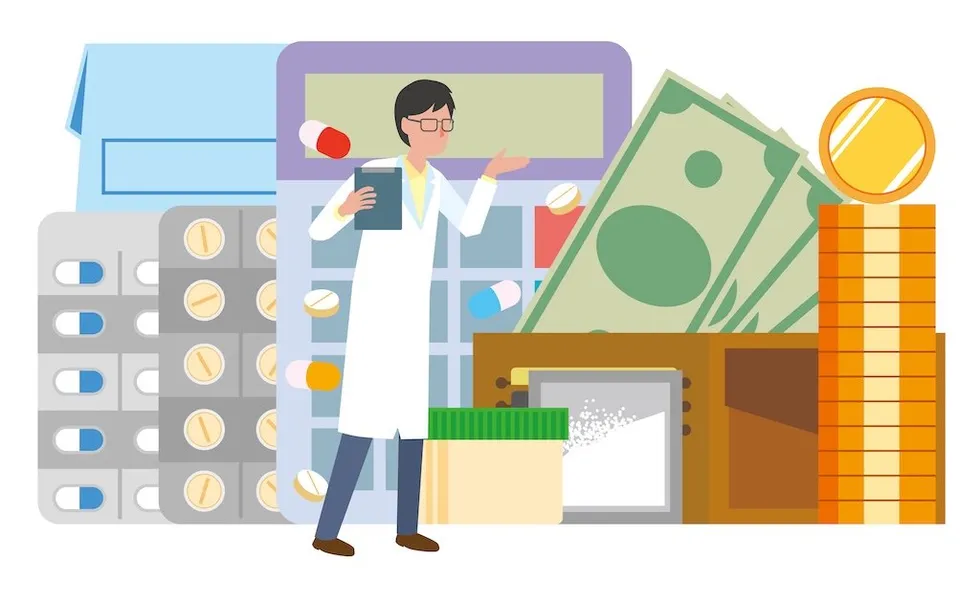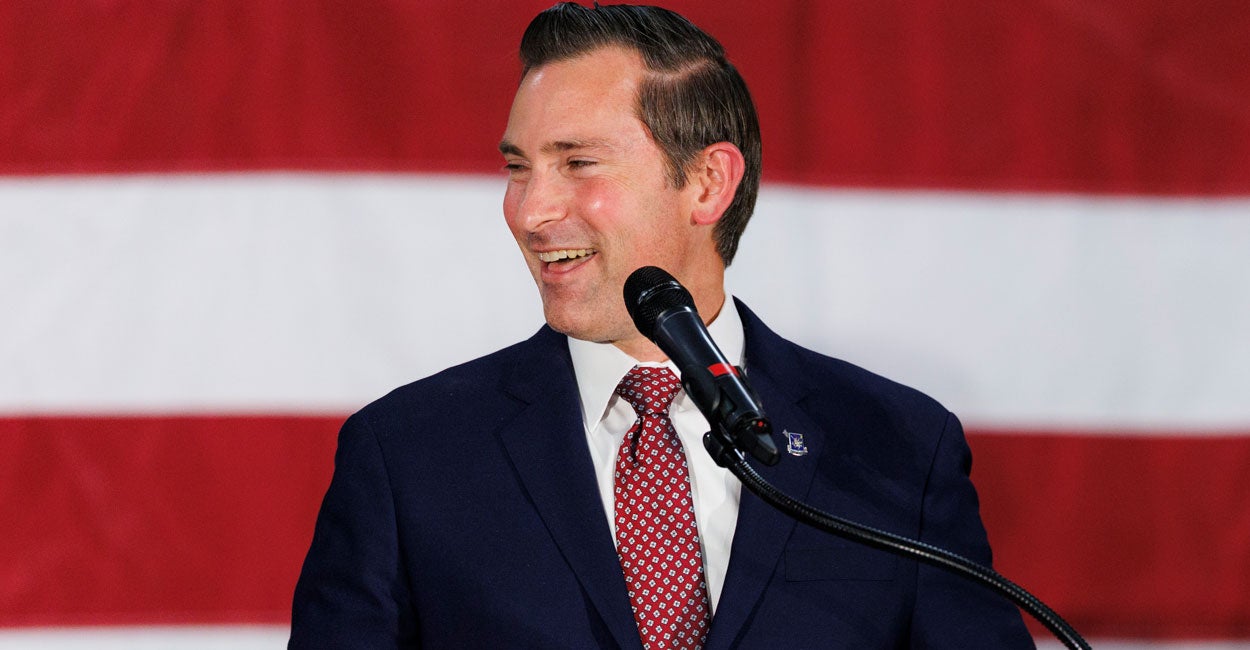Pharmacy middlemen didn’t break health care — the feds did


Let’s stop pretending the government can fix the health care system it wrecked — by wrecking it even more.
For years, Americans have endured rising health care costs, shrinking access, and mounting frustration. Now, senators from both parties, the Federal Trade Commission, and several states want to blame pharmacy benefit managers. Before they do, it’s worth asking: Who actually caused this mess?
It wasn’t PBMs. It was Washington, D.C.
I’ve spent decades studying health care and economic systems. Central planning always fails. Yet here we go again — federal regulators scapegoating private players for a system government distorted over generations.
PBMs aren’t flawless, but they’re not the villains. They emerged as one of the few market-based responses to a government-created crisis. They operate within a system twisted by 80 years of policy failures — starting with World War II wage controls that incentivized employer-sponsored insurance. That led to the third-party payer model, which removed patients from pricing decisions.
Layer on Medicare, Medicaid, and a blizzard of mandates, and the result is clear: Government made sure health care would never again resemble a functioning market.
If we’re serious about fixing health care, we must stop repeating the failed policies that broke it in the first place.
PBMs didn’t invent this system. They were born into it. Congress established Medicare Part D, which subsidized prescription drugs without fixing the underlying distortions. PBMs stepped in to negotiate with manufacturers, manage formularies, push generics, and introduce cost controls into an otherwise bloated and opaque drug market.
They’re not perfect. But they didn’t start the fire. Government did.
Here’s the kicker: PBMs work better than almost anything else in the health care system.
University of Chicago economist Casey Mulligan recently published research for the National Bureau of Economic Research showing PBMs create $145 billion in net annual value. Even after accounting for their costs, PBMs lower drug prices, help patients stick to medications, reduce hospitalizations, and cut non-drug health costs by about $40 billion each year. They also drive pharmaceutical innovation — improving uptake of new treatments and adding another $13 billion annually in future drug development.
Now compare that to the government’s record. Medicaid and Medicare leak hundreds of billions through improper payments, bloated administration, and price manipulation. Mulligan doesn’t put a figure on the waste, but other studies estimate government health care inefficiencies cost more than $1 trillion every year.
Still, no one talks about that. Instead, the FTC is grandstanding, blaming PBMs for prices the government made uncontrollable in the first place.
Washington’s real problem? It keeps designing a health care system around bureaucrats instead of patients. PBMs aren’t the issue. Bureaucracy is. The solution isn’t more scapegoating — it’s restoring freedom and responsibility to the people who use and deliver care.
RELATED: Congress must resist Big Pharma’s scheme to dismantle drug cost watchdogs
 zhuweiyi49 via iStock/Getty Images
zhuweiyi49 via iStock/Getty Images
That’s why we need unlimited health savings accounts, especially for low-income Americans on Medicaid. Don’t micromanage their health care. Give them agency. Pair it with work requirements for able-bodied Medicaid recipients — not to punish them, but to promote responsibility and reduce dependency, while still supporting those in genuine need.
The result: smarter decisions, stronger competition, lower costs, and fewer true middlemen — starting with the federal regulators and compliance officers who helped create this mess.
In a real market, PBMs will sink or swim based on value. If they deliver, they’ll thrive. If not, they’ll fail — and be replaced. That’s the beauty of market discipline. And right now, PBMs are one of the only players in health care remotely subject to it.
This assault on PBMs isn’t about health care. It’s about power. Regulators and politicians want a scapegoat for a system they helped break.
But facts still matter. PBMs reduce costs, improve access, and drive innovation. Government programs promise the same — and deliver the opposite.
If we’re serious about fixing health care, we must stop repeating the failed policies that broke it in the first place. Scrap the mandates, cut the bureaucracy, and shift power back to patients and providers. Real reform means transparency, personal responsibility, and the freedom to choose what’s best — not what Washington prescribes.
Originally Published at Daily Wire, Daily Signal, or The Blaze
What's Your Reaction?
 Like
0
Like
0
 Dislike
0
Dislike
0
 Love
0
Love
0
 Funny
0
Funny
0
 Angry
0
Angry
0
 Sad
0
Sad
0
 Wow
0
Wow
0










































































